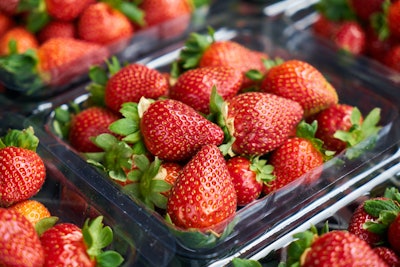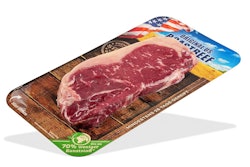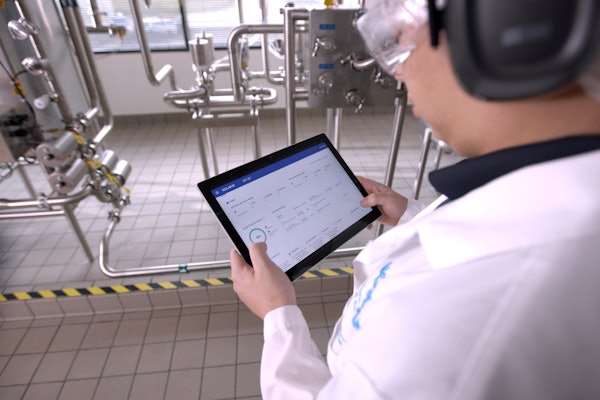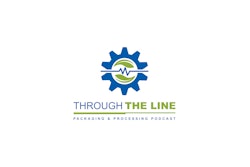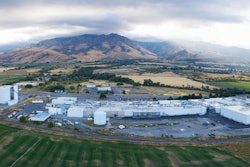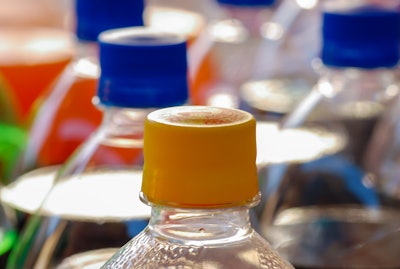
CMT’s digital event titled Recycled Packaging for Food Contact brought together prominent South American industry experts to share their ideas and stories regarding the use of different materials. It placed special emphasis on countries belonging to MERCOSUR, the main regional trading block, and on the understanding and compliance with the regulatory framework of the use of recycled plastics suitable for food contact, an indispensable requirement to enter this attractive market.
Professor Alejandro Ariosti, an engineer and technical expert on materials for sanitary applications, took part in this meeting with a documented presentation on the Latin American Regulatory Panorama for Food Grade Plastic Materials where he explained in detail the key steps that have taken on this subject in MERCOSUR and Mexico. By means of comparison to the current legislations in Europe and the United States, he showed the upgrades already made towards the safe reuse of recovered and recycled materials in the manufacture of packaging for food.
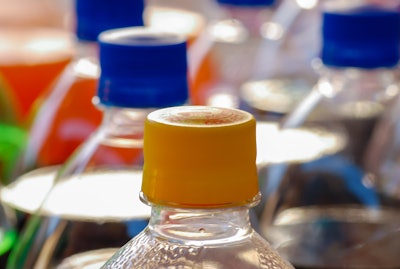 For the last 15 years manufacturing plants throughout Latin America have been using PET decontamination technologies. In Mercosur countries, as well as in others outside this block, mandatory or voluntary standards and regulations have been enacted in relation to recycled post-consumer PET safety issues.
For the last 15 years manufacturing plants throughout Latin America have been using PET decontamination technologies. In Mercosur countries, as well as in others outside this block, mandatory or voluntary standards and regulations have been enacted in relation to recycled post-consumer PET safety issues.
Ariosti, who works for the National Institute of Industrial Technology of Argentina (INTI) since 1981 and teaches at public universities, offered a clear picture of the different trading blocks that have been formed throughout the continent, and of the frames of reference from the European Union and the United States that have been helpful in drawing regulations for food grade packaging materials in Latin America.
Besides, Ariosti detailed the interactions between plastic packaging, food, and the environment, as well as the testing which becomes necessary towards the validation of secure decontamination methods for materials. He presented the current regulatory scenario regarding the reuse of plastic materials for food contact and explained how they are forbidden in MERCOSUR countries by the explicit resolution GMC 56/92, although several exceptions exist and were also mentioned. And expanding the view of regulations to glance into different countries, this Argentinian expert pointed out current regulations and standards for PET post-consumer recycled (PCR) materials from Mexico, Costa Rica, the Andean Community of Nations (CAN) Member States, the United States, and the European Union.
Regional Perspectives on New Materials
ECOPLAS, an Argentinian entity specializing in plastics and the environment, has carried out important initiatives during recent years towards the regulation of new materials for food contact, as explained by Alejandro Ariosti in his presentation. By the end of 2019, for example, Ecoplas finalized a study that showed how the estimate consumption of food grade plastics has escalated to 500.000 tons per year.
In May of 2020, ECOPLAS made contacts with the INTI Centre of Plastics and the Ministry of Production (where the Argentinian Chapter of the MERCOSUR Food Commission is based) to explore the possibility of extending current post-consumer recycled PET regulations to other plastics such as high-density polyethylene (HDPE), polypropylene (PP), polystyrene (PS), and expanded polystyrene (EPS).
In this year, ECOPLAS will refine the petition’s proposal with case studies and identified decontamination technologies, to submit it to consideration by the National Food Commission (CONAL), a step prior to its review by the MERCOSUR Food Commission.
The Current State of MERCOSUR Regulations
The Southern Common Market (MERCOSUR) integrates Argentina, Brazil, Paraguay, Uruguay, and Venezuela as Member States, and Bolivia as a State in process of integration. Chile, Colombia, Ecuador, Guyana, Peru, and Surinam are Associate States. It has prohibited the reuse of plastic materials through GMC 56/92, which, nevertheless, opens the possibility of future exceptions, as those detailed in the presentation by Alejandro Ariosti:
· Resolution GMC 16/93, authorizing the use of refillable PET bottles for carbonated non-alcoholic beverages.
· Resolution GMC 25/99, authorizing the use of multi-layered PET bottles (decontaminated recycled PET as a middle layer with a virgin PET functional barrier in contact with the beverage) for carbonated non-alcoholic drinks.
